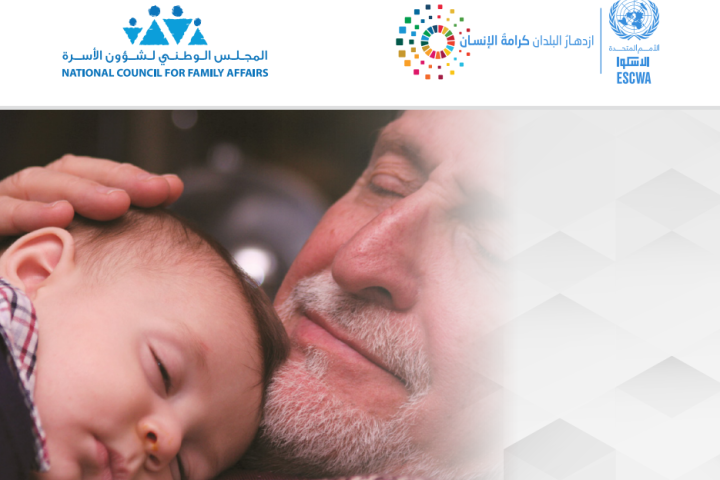On the occasion of the International Day of Social Justice, ESCWA Executive Secretary Bader AlDafa considered that social exclusion, unequal opportunities and the absence of social justice in the Arab region is mostly linked to issues of citizenship, social class or group and poverty.
The UN general Assembly had declared its Resolution 10/62 20 February of every year an international day for Social Justice, considering it a day for peace and security within and among countries. The General Assembly affirmed in this resolution that social development and justice will only be achieved once peace and security prevail and the respect for human rights and freedoms is consolidated.
In an Op-ed published by Lebanese Al Mustaqbal newspaper, AlDafa added that the Arab region has scored many achievements in several areas on the level of social policies, but "the majority of the people in ESCWA member countries are still outside the sphere of social security services. Social expenditure levels have yet to reach those in other developing areas, since retirement pensions cover only 10 per cent of the elderly, and 30 percent of the current working force. This is an indication of slow progress".
The UN Under-Secretary-General affirmed that the Organization has put in place a number of policies to assist in ensuring social equity and justice, the most notable of which being those on fighting poverty, ensuring employment and social integration. When it comes to ESCWA, building a "Society for All", and a social fabric based on solidarity and common values is a goal at the core of the priorities of its member countries.
Laying out the reality of social justice and development, AlDafa said that "frequently, immigrant labor lacks sufficient protection and many disabled face obstacles that hinder their full participation in social life. Many live on meager incomes that are insufficient for them to even pass the poverty line, having no real possibility to form any reserves and relying on traditional social systems". Around the world, the financial and economic crisis has touched the progress achieved in battling poverty and inequality over the past decade. Estimates reveal that 64 million people risk joining the ranks of those dwelling in extreme poverty by the end of this year, and that 70 percent of children in Least Developed Countries run the risk of being born into circumstances that would deprive them of education, citizenship rights and being part of society.



